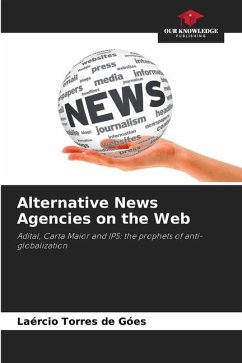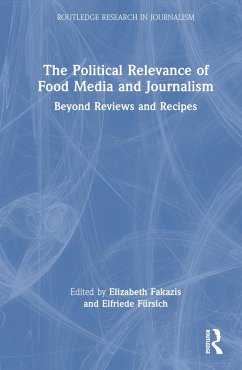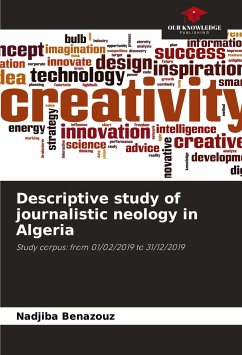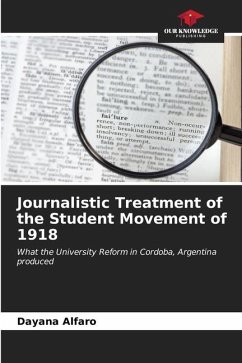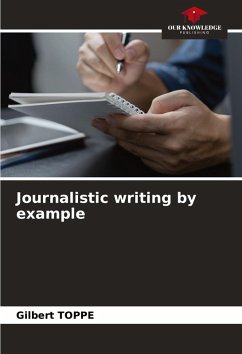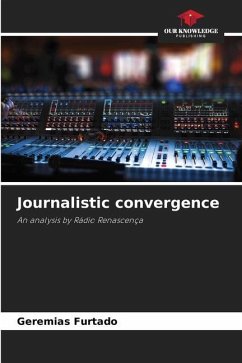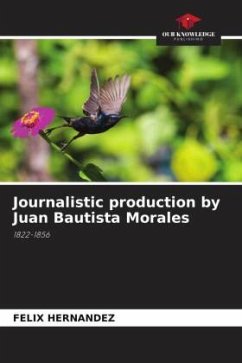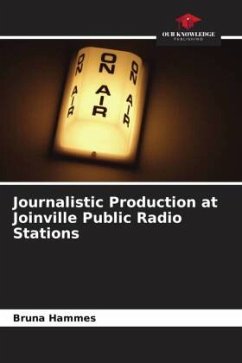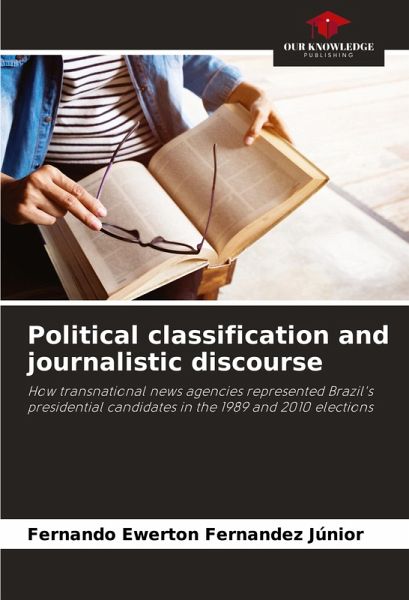
Political classification and journalistic discourse
How transnational news agencies represented Brazil's presidential candidates in the 1989 and 2010 elections
Versandkostenfrei!
Versandfertig in 6-10 Tagen
32,99 €
inkl. MwSt.

PAYBACK Punkte
16 °P sammeln!
Since the mid-19th century, news agencies have played a central role in the flow of information around the world. They package facts into concepts that reflect the classification schemes of their historical, cultural and organisational backgrounds. These schemes guide the choice of terms used by their journalists to describe what is happening in the countries in which they operate, particularly during election periods. In order to identify the relevance criteria applied in the representation of candidates for president of Brazil in the 1989 and 2010 elections, the thesis reproduced in this boo...
Since the mid-19th century, news agencies have played a central role in the flow of information around the world. They package facts into concepts that reflect the classification schemes of their historical, cultural and organisational backgrounds. These schemes guide the choice of terms used by their journalists to describe what is happening in the countries in which they operate, particularly during election periods. In order to identify the relevance criteria applied in the representation of candidates for president of Brazil in the 1989 and 2010 elections, the thesis reproduced in this book maps the political classification terms present in 305 texts, in Spanish and English, from four transnational news agencies: Agence France Presse (AFP), Associated Press (AP), EFE and Reuters. The results indicate that 'transnational news agencies resort to their own classification schemes based on a common typology of terms'. This is reflected in the use of words such as 'left', 'right', 'Marxist', 'conservative', 'official' and 'opposition', among others, associated (or not) with the four main candidates for president of Brazil, at two different historical moments.





